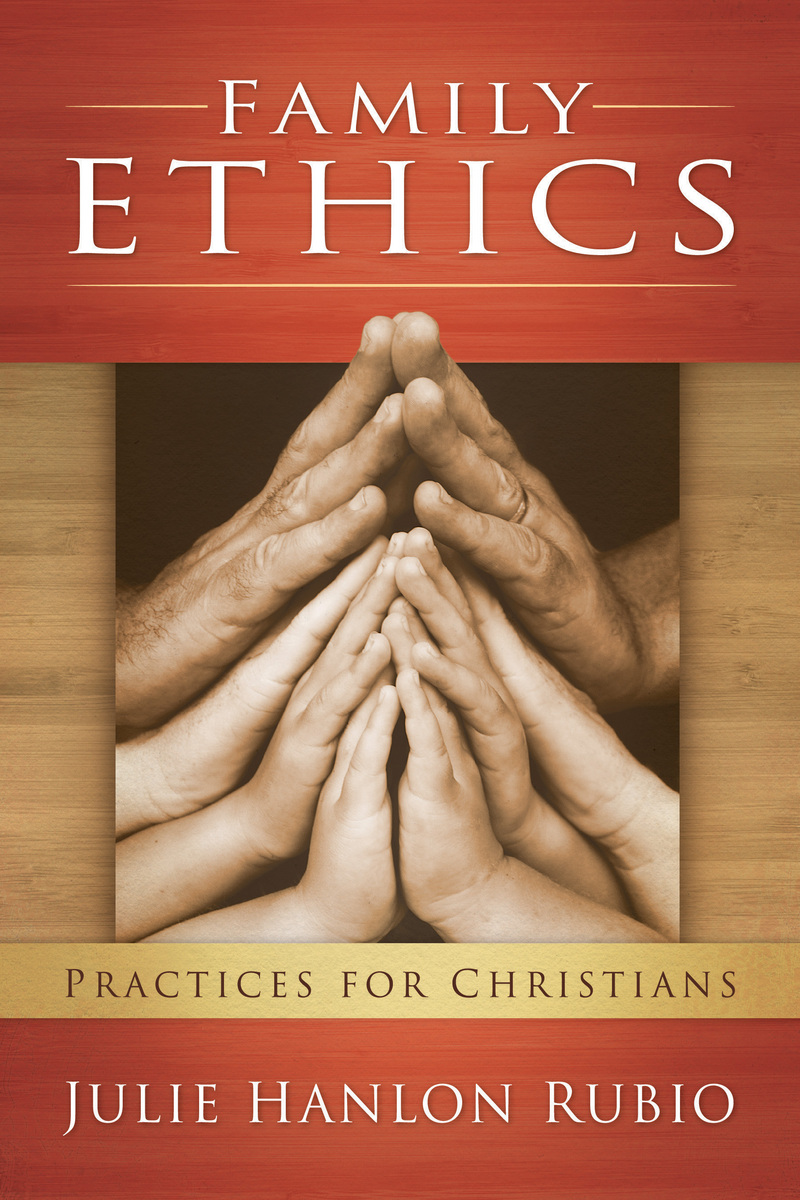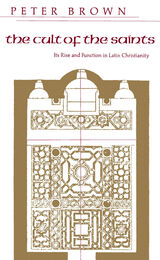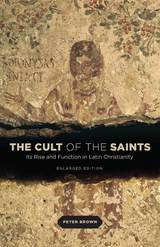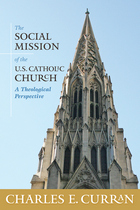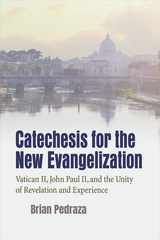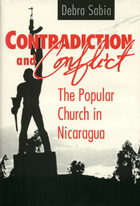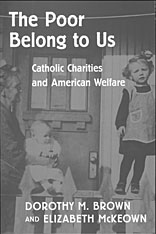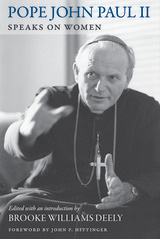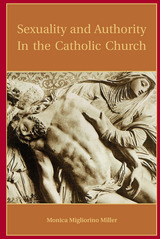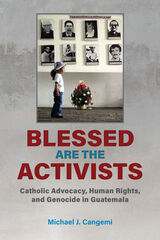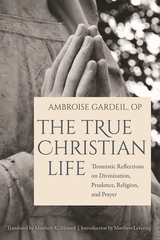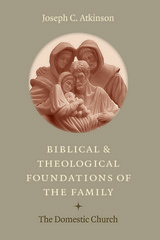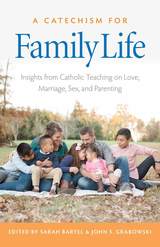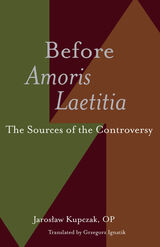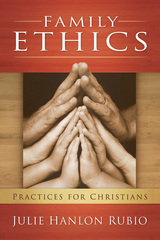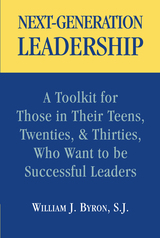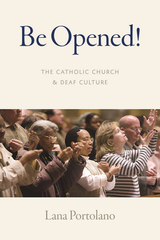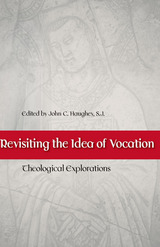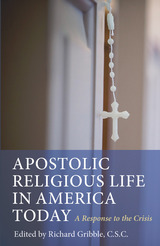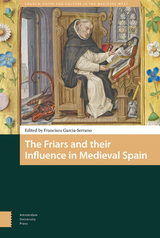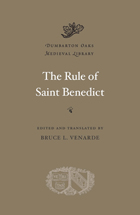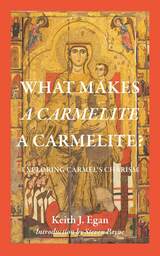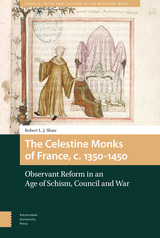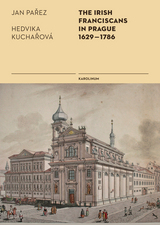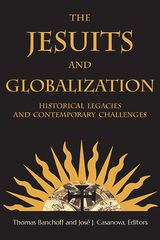But, in Rubio’s view, contemporary Christian theology— with such concepts as covenant, intimacy and egalitarianism combined with mutual self-giving and solidarity—has resources for dealing with the challenges. Catholics on both the right and the left use the same resources and concepts even if normally they find themselves disagreeing on concrete issues. For both, to be ‘promarriage’ is to take marriage seriously and providesupport for its flourishing.
-- The Way
Suitable for undergraduate and graduate students, especially those preparing for ministry, or adult study groups.
-- Jacob Kohlhaas Religious Studies Review
This book dives into the tradition and situates itself within academic discussions, but it is written in accessible prose that is always connected to the practical and everyday lives of families. It is certainly appropriate for the educated non-specialist, and will be an invaluable resource for pastors and other Christian leaders ministering to families.
-- The Way
Even coming from a rich Catholic background of understanding, her concepts and applications can be used by any denomination. . . . Anyone looking for a refreshing read on family ethics will not be disappointed with Dr. Rubio's work.
-- Theological Book Review
Very compelling indeed. . . . Rubio provides the theological community with a new and refreshing way of thinking about the 'goods of marriage.' . . . This book is a 'must read' for anyone who is interested in family life, marriage and relationships in general. It will provoked much discussion in many areas of sexual morality as well as making ordinary married couples feel more at home in theological discussions on sexuality, family and marriage.
-- The Furrow
Rubio outlines the thickest and most accessible vision yet of Catholic family life in contemporary America. . . . Rubio's book should gain a very wide audience, for its significance goes beyond advancing the conversation in marriage and family ethics. The book is also suggestive of a way forward for Catholicism generally, one that advances on the lightweight accomodationism of liberals and the unfailing political severity and legalism of conservatives. How so? By an actual retrieval of some of the best work done in early 20th century Catholicism. Instead of simply rejecting anything 'pre-Vatican II' or inventing some supposed set of free-floating pieties that will 'return' us to those days, Rubio actually seeks out the 'nuanced' and 'rigorous analysis' of the literature of that time. In it, she finds both the counterculturalism she desires and the realism she needs. Her work here is suggestive for moral theologians a caricature of the evils of "the moral manuals" may overlook much of value that was unfortunately lost amidst the politics of the postconciliar Church.
-- Catholic Books Review
"Suitable for undergraduate and graduate students, especially those preparing for ministry, or adult study groups."
-- Jacob Kohlhaas Religious Studies Review
